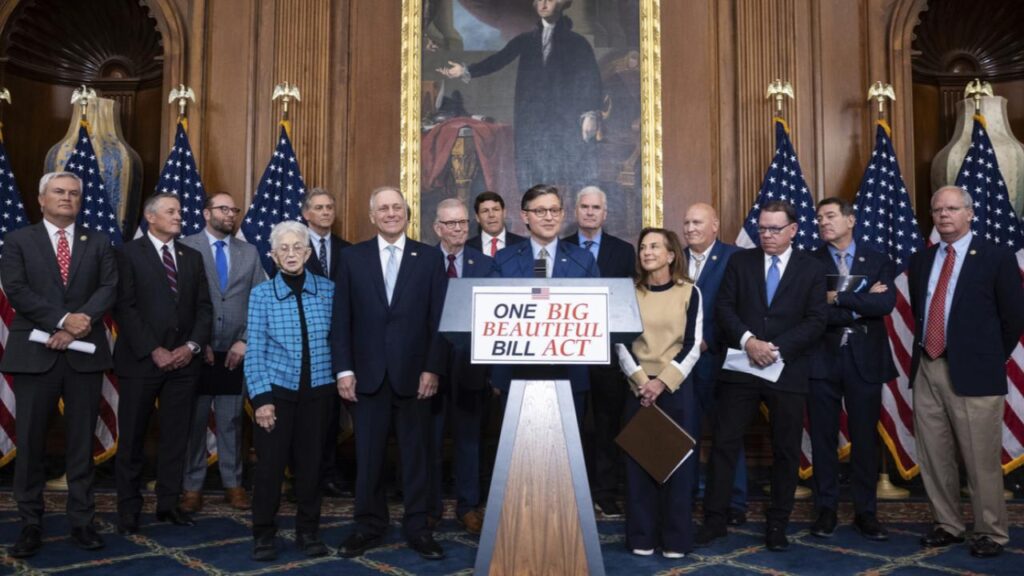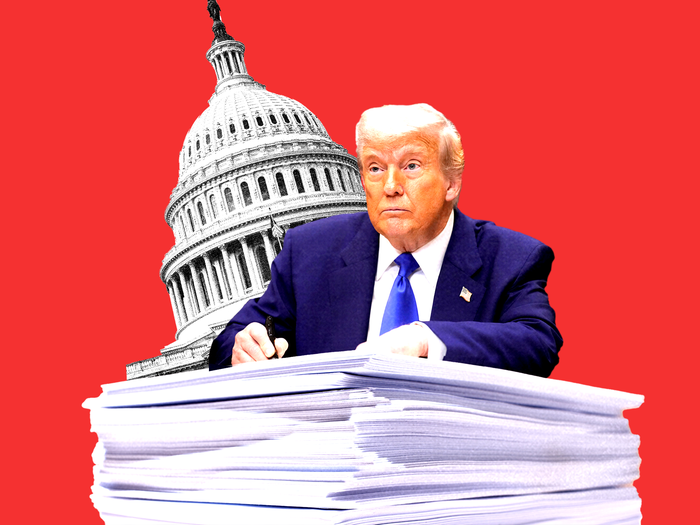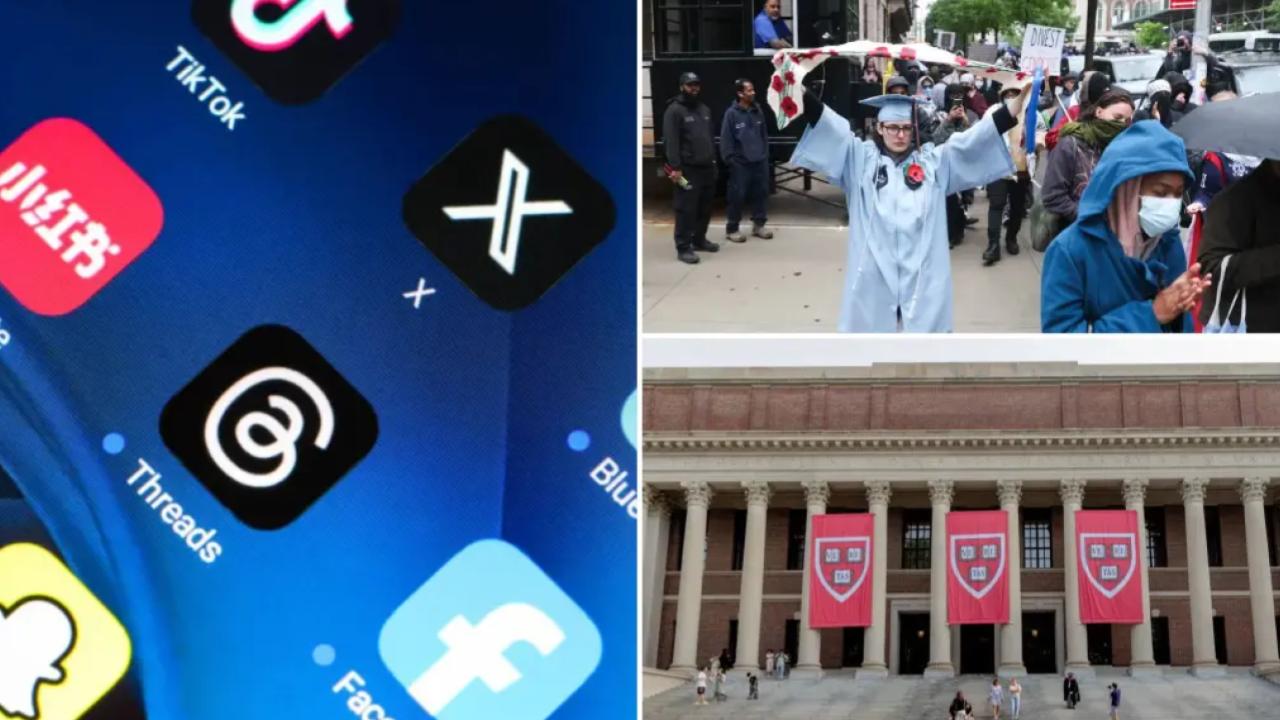Trump’s “One Big, Beautiful Bill” isn’t just a flashy name—it’s a 1,116‑page budget-and-policy juggernaut packed with little-known shifts in healthcare, energy, education, and immigration that could affect millions.

What’s REALLY Inside Trump’s ‘Big, Beautiful Bill’?
| Takeaway | Stat |
|---|---|
| Medicaid cuts remove coverage from ~7.8 million people | CBO estimate |
| Deficit impact of $2.4 trillion over 10 years | CBO projection |
| $150 billion boost to defense spending (mostly drones) | Legislative text |
Medicaid & Healthcare: A Silent Shift
The bill introduces sweeping Medicaid reforms: work requirements, more frequent eligibility redeterminations, higher fees above poverty, and a gender-affirming care ban starting 2027. The CBO warns that 7.8 million people could lose Medicaid coverage. Importantly, about 10.9 million would lose coverage across Medicaid, ACA, and marketplace plans.
This isn’t just a policy pivot—it targets a voter base Trump captured in 2016 and 2020: low-income Americans relying on social safety nets. Analysts caution that cutting these programs could jeopardize his coalition.
Tax & Personal Finance: Tips, SALT Cap & “MAGA” Kids’ Accounts
1. Making Tips & Overtime Non-Taxable
A major carve-out exempts tip and overtime income—claimed as “pro-worker”—but critics argue it helps high-income individuals more.
2. SALT Deduction Expansion
Blue-state Republicans pushed the SALT limit from $10,000 to $30,000–$40,000. But budget experts warn it skews benefits toward wealthy taxpayers.
3. “MAGA” Savings Accounts
Every child gets a $1,000 government-funded MAGA account. But unlike Baby Bonds models with income-targeted deposits, this version benefits wealthier families more.
Tax Credits for Families: Not Quite Equitable
The bill proposes a permanent increase to the Child Tax Credit: up to $2,500 per child through 2028, then $2,000 afterward. But this won’t help the lowest earners, since families without tax liability still aren’t getting the full benefit. So while it helps middle earners, the poorest get left out.
Clean Energy & Environmental Rollbacks
Beneath the fiscal headlines lies a stealth agenda:
- Dismantles key Inflation Reduction Act clean-energy incentives—including EV and green-tech tax credits.
- Musk brothers warn the changes risk energy transition progress, possibly triggering a new wave of natural-gas plant construction.
Education: School Vouchers & Pell Grant Changes
The bill imposes school voucher mandates overriding state and district preference. Meanwhile, Pell Grants get tightened eligibility; student loan subsidies get scaled back—potentially accelerating privatization trends.

🇺🇸 Border & Immigration: Massive Enforcement Bonanza
A $150 billion increase in defense spending includes drone programs—but it also funds truly vast border enforcement:
- $70 billion on the border (wall construction, surveillance, hiring more agents),
- Funding to deport up to 1 million people per year.
Elaborate deportation infrastructure is set to expand ICE operations—signaling a major shift toward enforcement-heavy policy with limited legislative attention.
Legal, AI & Judicial Sidebar Picks
The bill also includes oddball policy grabs:
- 10-year ban on state AI regulations, preempting local oversight.
- Limits on contempt-of-court enforcement aimed at federal officials.
These provisions raise red flags about eroding checks-and-balances and uniformity over emerging tech—yet they get little media coverage.
Fiscal Fallout: Deficit & Political Backlash
Despite GOP claims of savings, the CBO says otherwise:
- Adds $2.4 trillion to the deficit over a decade.
- Senator Ron Johnson estimates $3 trillion more, citing unrealistic growth assumptions.
Polling reflects this: 42% of Americans oppose the bill, including major resistance to Medicaid cuts, green energy rollbacks, and border spending—while only 23% support it.
Summary & Implications
What’s really inside?
- Massive Medicaid exclusions and work mandates.
- A redistributive-sounding tax package that leans wealthy.
- Hidden rollbacks on climate, energy, and education.
- A border-enforcement machine poised to expand dramatically.
- Legal sleight-of-hand—AI regs and court contempt rules.
This isn’t just a tax cut—it’s a policy overhaul affecting social safety nets, environmental policy, public education, immigration enforcement, and civil liberties.
What to Watch Next
- Senate Vote by July 4: Republican moderates may balk at Medicaid and deficit consequences.
- Legal Filings: Challenges to education mandates and AI preemption are likely.
- Public Backlash: As details emerge in local media, expect voter pushback—especially from rural and low-income communities.
Why You Should Care
If you live in a Medicaid-expanded state, work in renewable energy, benefit from EV tax credits, send kids to public schools, or care about balanced budgets and democracy—these quiet-but-impactful policies will change daily life.
FAQs
What happens to Medicaid recipients in expansion states?
Expect stricter eligibility and work requirements to hit 2026, with ~7.8 million projected to lose coverage.
Are clean energy incentives completely scrapped?
No—it’s a deep rollback of IRA incentives, delaying EV and renewable tax credits .
Who benefits most from the SALT changes?
Mostly wealthy taxpayers in high-tax states—this leak into the SALT cap benefits top earners disproportionately .
Is anything good in the bill?
The expanded child tax credit and tip-overtime exemptions help some middle-income families—but critics say they don’t offset the broader negative impacts.






